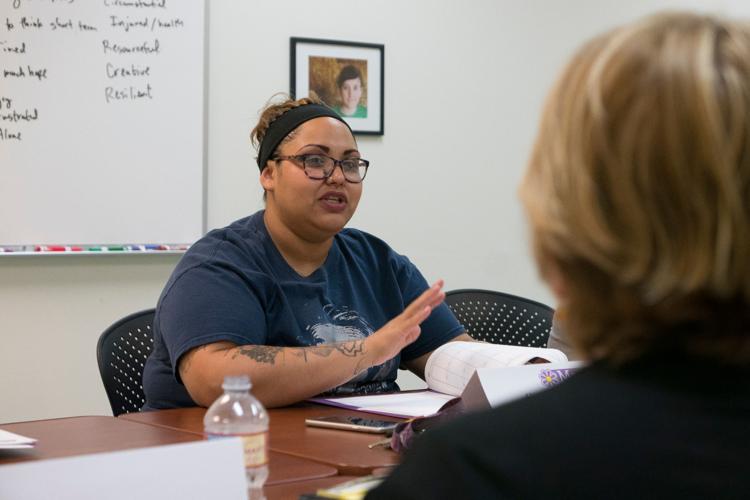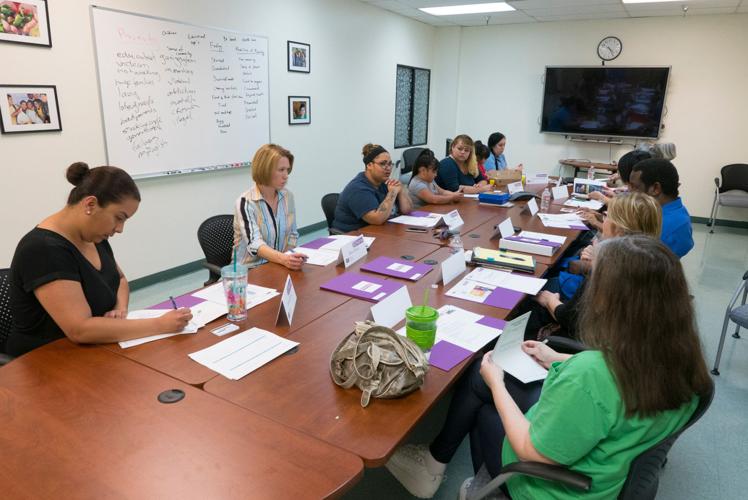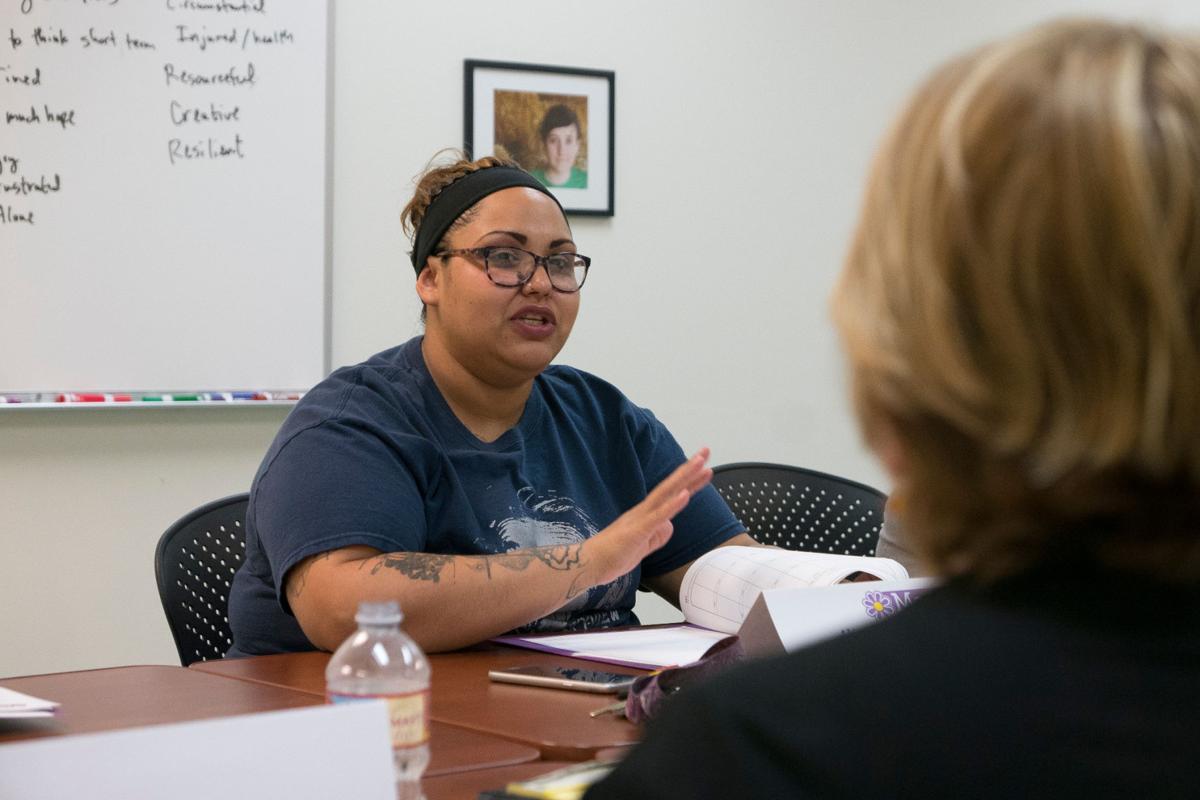Alisa Aponte, a 28-year-old mother of three has decided it's time to end the cycle of poverty for her family.
Pima County's Mothers in Arizona Moving Ahead (MAMA) program helped her realize it was possible.
"Once it started to dawn on me that I had a choice and I didn't have to accept the situational circumstances, that I could make a big change to not only change my life, but the life of my kids and their children, I was all for it," Aponte said.
The project, which stems from the county's End Poverty Now program, helps single mothers with continuing education, career advancement, and family healthcare.
The program has two main goals, said Bonnie Bazata, End Poverty Now's program manager.
"One is to see if we can create a model to help more moms in poverty build their financial and health resources to find their way out of poverty," Bazata said. "Second is to create a dynamic feedback group of moms to find where we can make changes to not only help these moms, but many moms in reaching their goal of creating more stability for themselves and their families."
The program is for mothers of children 18 and younger who feel like their life is unstable and are in need of support.
So far, 18 families have been through the program which consists of a 50-hour curriculum that helps mothers develop ideas, strategies and plans for their future. It also informs them of resources available to them.
"Poverty robs people of a future story where they can imagine being stable and prosperous," said Bazata. "Making a plan and believing you can carry it out is the first step. Research tells us the curriculum and process we are using can increase people's motivation, sense of self-efficacy, hope and knowledge of the community resources, as well as their social capital."
Moms meet once a week until the curriculum is finished. During those meetings, participants assess their situations with self evaluations, learn about resources available to them and start making realistic plans and goals for themselves.
"It gives people a chance to do what you never get to do when you're in that under-resourced space, which is to step back and make a plan for yourself," Bazata said. "This class helps people in a very supportive environment in a group of people in similar situations to really take a look at, and to think about, what they want for themselves and strategies to get there. So they do self assessments, community assessments and all that leads to a smart plan for themselves and strategies for 'How am I gonna get there.'"

A "circles of caring" meeting for the MAMA program, which helps single mothers gain independence through education, career advancement, and family healthcare.
Afterward, the support continues with monthly meetings with other moms and allies — community volunteers — that are there to listen, give suggestions and offer support.
Before participating in the program, Aponte felt like her situation was normal. Being on food stamps is just the way it was. Poverty was the way it was for her entire family, going back six generations.
"If you come from generations and generations of poor people living off of food stamps and welfare, it becomes the norm. For me, it was very normal," Aponte said. "It's just what you did. You didn't think there are other options and if there are, your mind set is to think they are out of arm's reach. That you can make little difference. It's very discouraging to think there's nothing you can do."
Now, she has a plan.
She's in the Caridad Culinary Training program through the Southern Arizona Community Food Bank and she's enrolled to start school for behavioral health at Pima Community College in January. Her ultimate goal is to have her own nonprofit organization.
"Right now the sky is the limit for me and I don't know where it's gonna go," Aponte said. "I want to do like a soup kitchen. I want to help people in poverty, but not just feed the line. I want to shorten the line. I want to educate people on situational poverty, generational poverty and how to get out of it."
Those interested in signing up for the MAMA program can call 724-5713. Apply by October 16 to join the next group which starts in late October. If you're interested in being a volunteer ally for the program, call the same number.






